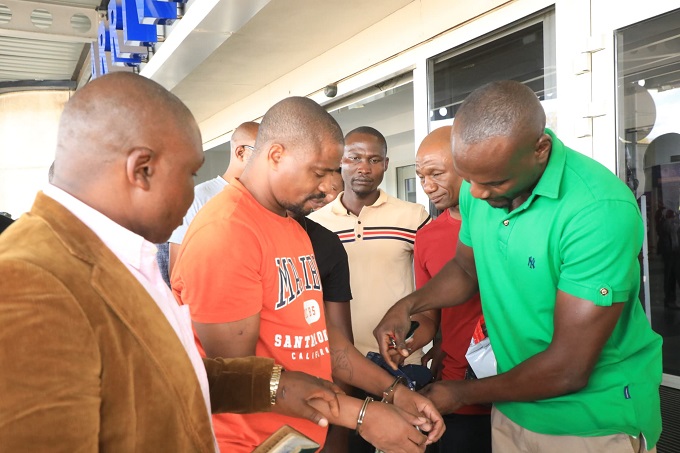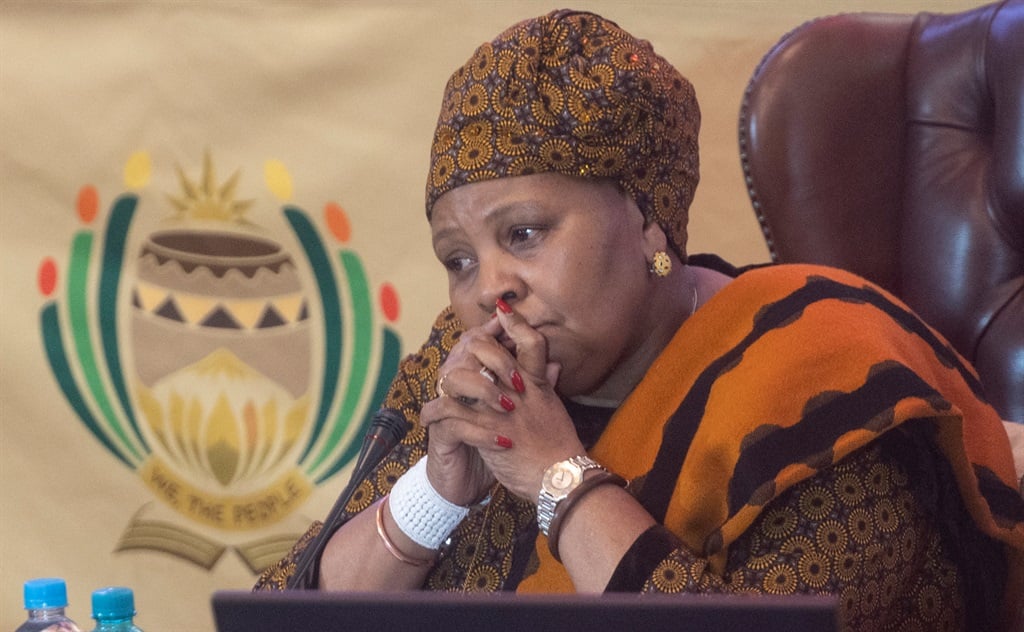HARARE – The Constitutional Court (Con-Court) has reserved judgment on an application challenging the continued use of judiciary corporal punishment on convicted male juveniles.
The suit, filed by Tendai Biti, who was representing a 15-year-old boy convicted on rape charges, argued that judiciary corporal punishment was inhumane, degrading and violated convicted juveniles’ rights.

Biti told the highest court in the land that Section 353 of the Criminal Procedure and Evidence Act, which sanctions corporal punishment, was unconstitutional and an attempt by the State to drag the country back to the 13th century era.
He urged the State to find other effective methods of punishing male juveniles such as creating probation houses.
“Corporal punishment is retributive. It is like the use of an eye for an eye, a tooth for a tooth or a life for a life. It is both physical and psychological torture. There is no yardstick to determine the force used in corporal punishment,” Biti said.
He added that there were other effective methods of punishing juveniles such as the issue of probation houses.
“This court must be on par with international laws,” he argued.
“Corporal punishment is torture, cruel, retributive and primitive. The imposition is an infringement to the right to dignity. The two most important rights are the rights to dignity and the right to life.”
High Court judge Esther Muremba early this year delivered a ruling declaring corporal punishment against juveniles unconstitutional, adding that the offenders should be rehabilitated instead.
The National Prosecuting Authority, represented by Justin Uladi, Olivia Zvedi from the Attorney General’s office and Thabani Mpofu, who appeared as a friend of the court, argued that corporal punishment should not be abolished.
“There is a wrong perception that judicial corporal punishment is institutionalised violence. There is no evidence that proves that judicial corporal punishment involves brutality,” Uladi said.
He further said that there was a reason why the legislature provided corporal punishment as a form of sentencing.
Uladi added that there was also nothing wrong in beating up a child when he or she misbehaved.
Zvedi on the other hand said that corporal punishment was administered in terms of the prisons regulations and was carried out in the presence of a medical officer.
Mpofu said that there was need for a proper inquiry into the whole issue.
He argued that not every infliction of harm constituted violence.
“Torture is not just harm. It must reach a certain level in order to be considered as such,” Mpofu said.
Biti argued that Section 353 of the Criminal Procedure and Evidence Act also violated some sections in the new Constitution such as Sections 51, 52 and 53.
Chief Justice Godfrey Chidyausiku, sitting with the full bench of the Constitutional Court judges, reserved judgment on the matter.





